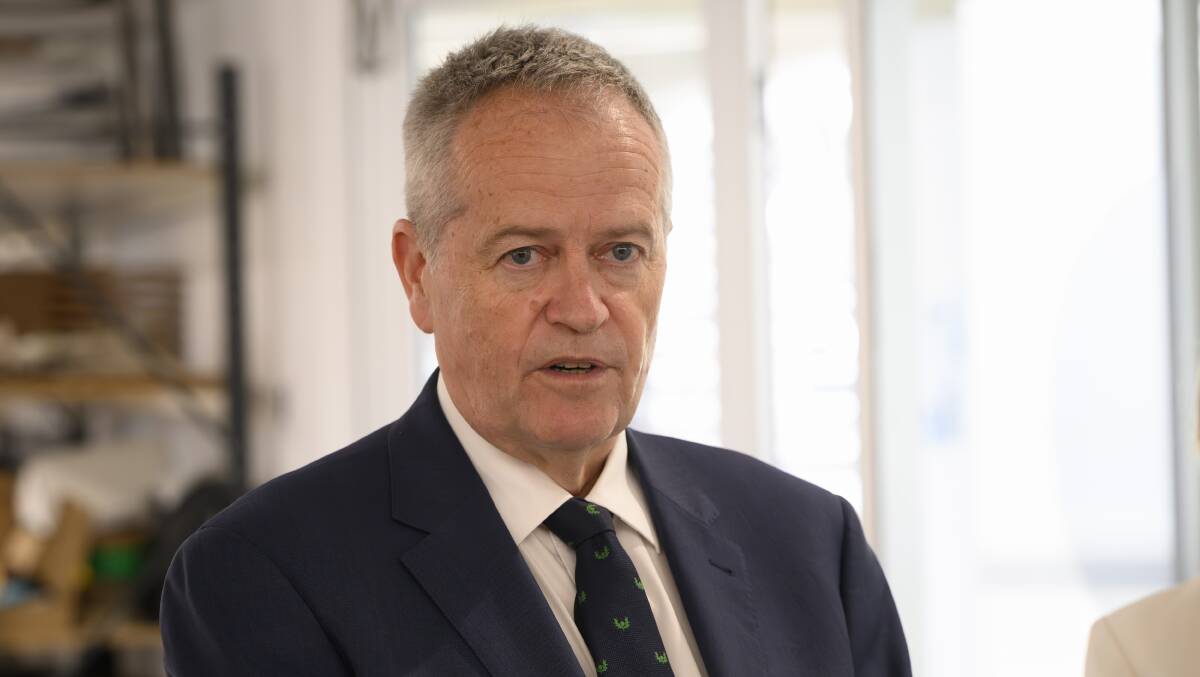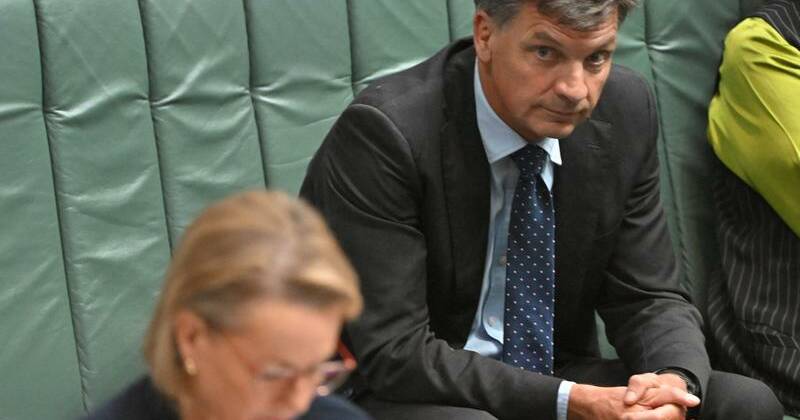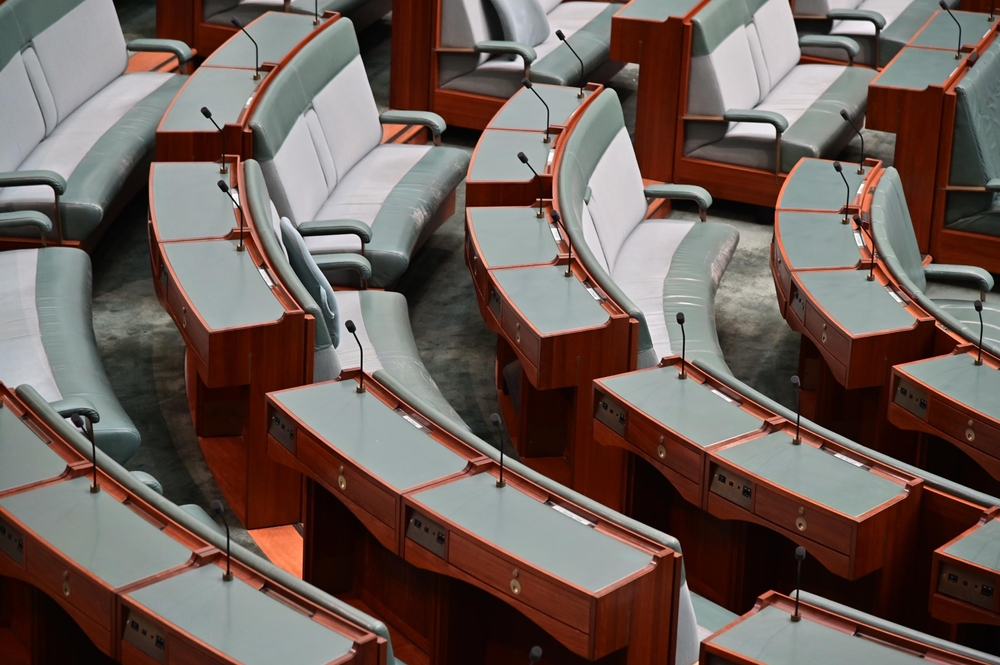
The Prime Minister of Australia, Anthony Albanese, expressed optimism regarding the future of global trade as he announced that Chinese Premier Li Qiang may visit Australia next year. During his return from the APEC summit in South Korea, Albanese highlighted the potential benefits of a trip to Uluru, a significant cultural site in Central Australia.
In a statement to Sky News, Albanese mentioned his discussion with Li during their recent meeting in Malaysia. He emphasized that showcasing Central Australia to an audience of over a billion people could significantly boost tourism in the region. “I think that would be a very good thing to showcase Central Australia,” he stated, referring to the potential economic advantages of such a visit.
Li’s last visit to Australia occurred in mid-2024, which was perceived as a step towards improving relations between Canberra and Beijing. As Albanese engaged with various world leaders at the APEC summit, significant discussions between Donald Trump and Xi Jinping dominated the event. Albanese characterized their meeting as a “breakthrough,” underscoring the importance of dialogue in fostering mutual understanding.
“Trade disruption hurts the entire global economy, so it’s in everyone’s interest for this to be progressed,” he remarked, highlighting the interconnectedness of global markets. Recent agreements between the United States and China to reduce trade restrictions signal a positive shift. Trump’s administration had imposed tariffs on goods related to fentanyl production, while Xi had restricted the export of crucial rare earth metals to Western nations. These barriers are now slated for easing.
In addition to trade discussions, Albanese revealed he has reached out to the Turkish Prime Minister amid Australia’s bid to secure hosting rights for the UN climate conference, known as COP 2026. Turkey has proposed a competing bid and has shown reluctance to withdraw. Albanese conveyed his frustration with the decision-making process surrounding the conference’s location, stating, “They’re supposed to occur by consensus. It’s hard when there’s no consensus.”
Australia’s bid is supported by Pacific nations, who face significant threats from climate change. “This is an existential threat to their very existence,” Albanese declared, reinforcing the urgency of addressing climate issues on a global scale.
As these diplomatic efforts unfold, the potential visit of Premier Li and the ongoing negotiations for climate conference hosting rights highlight Australia’s strategic engagement with both regional partners and major global powers.






